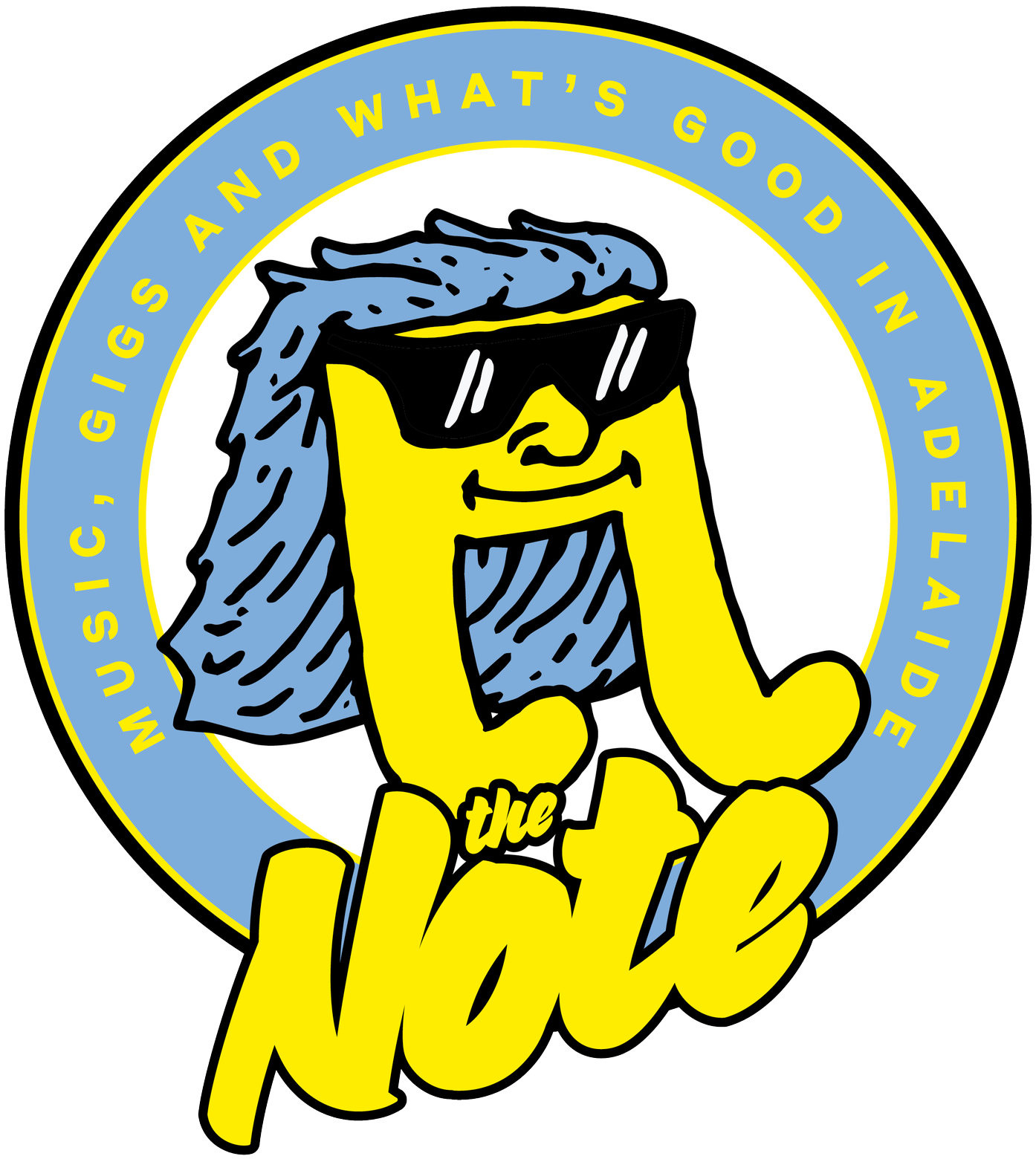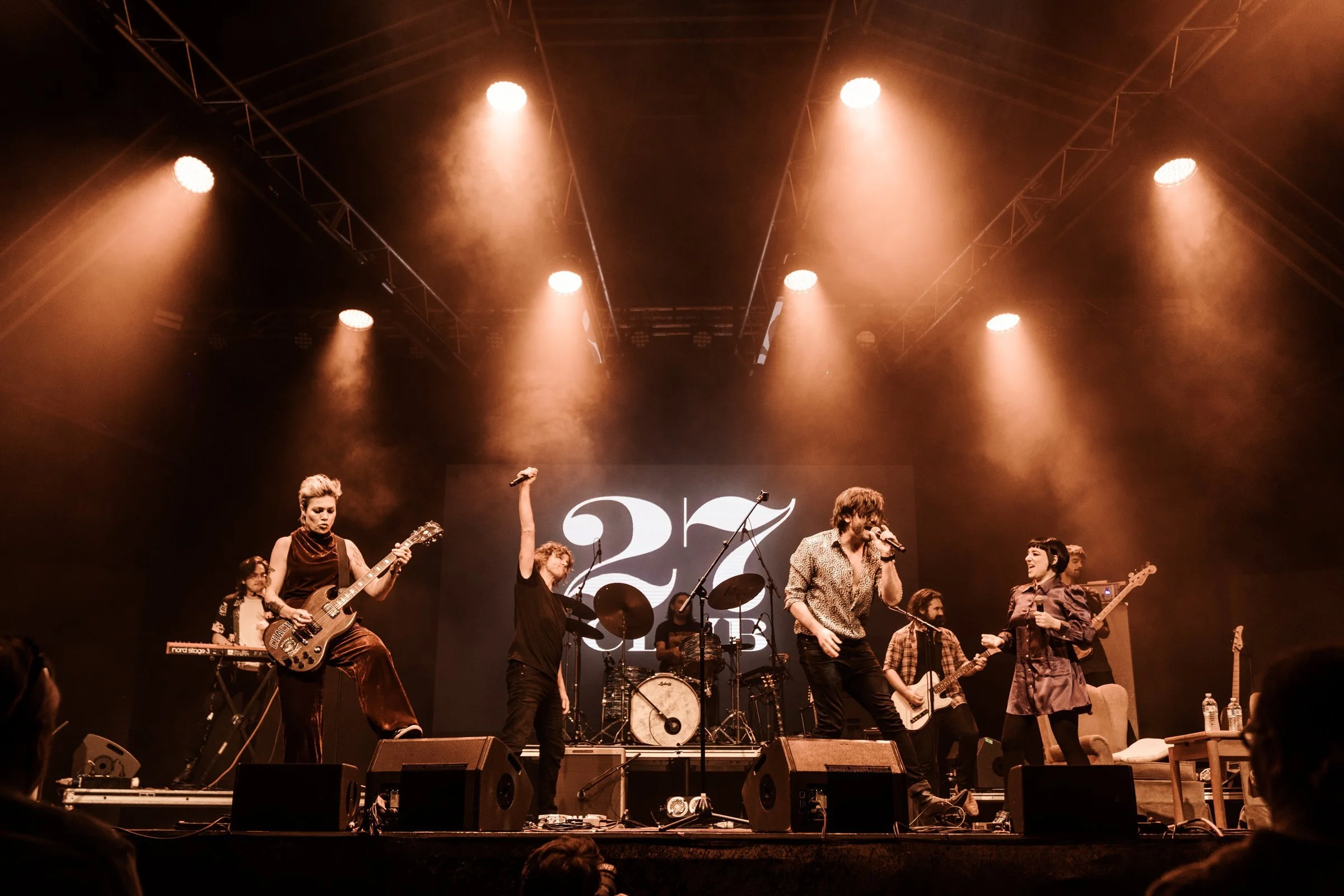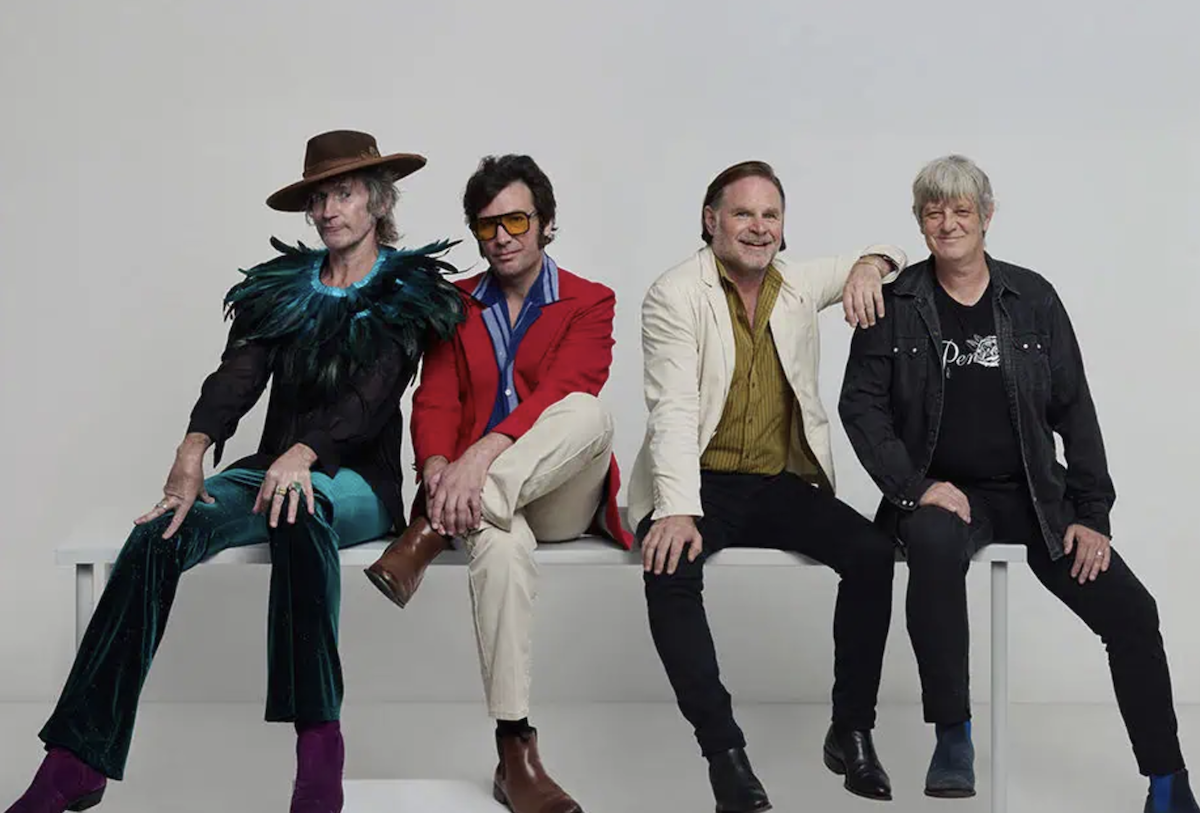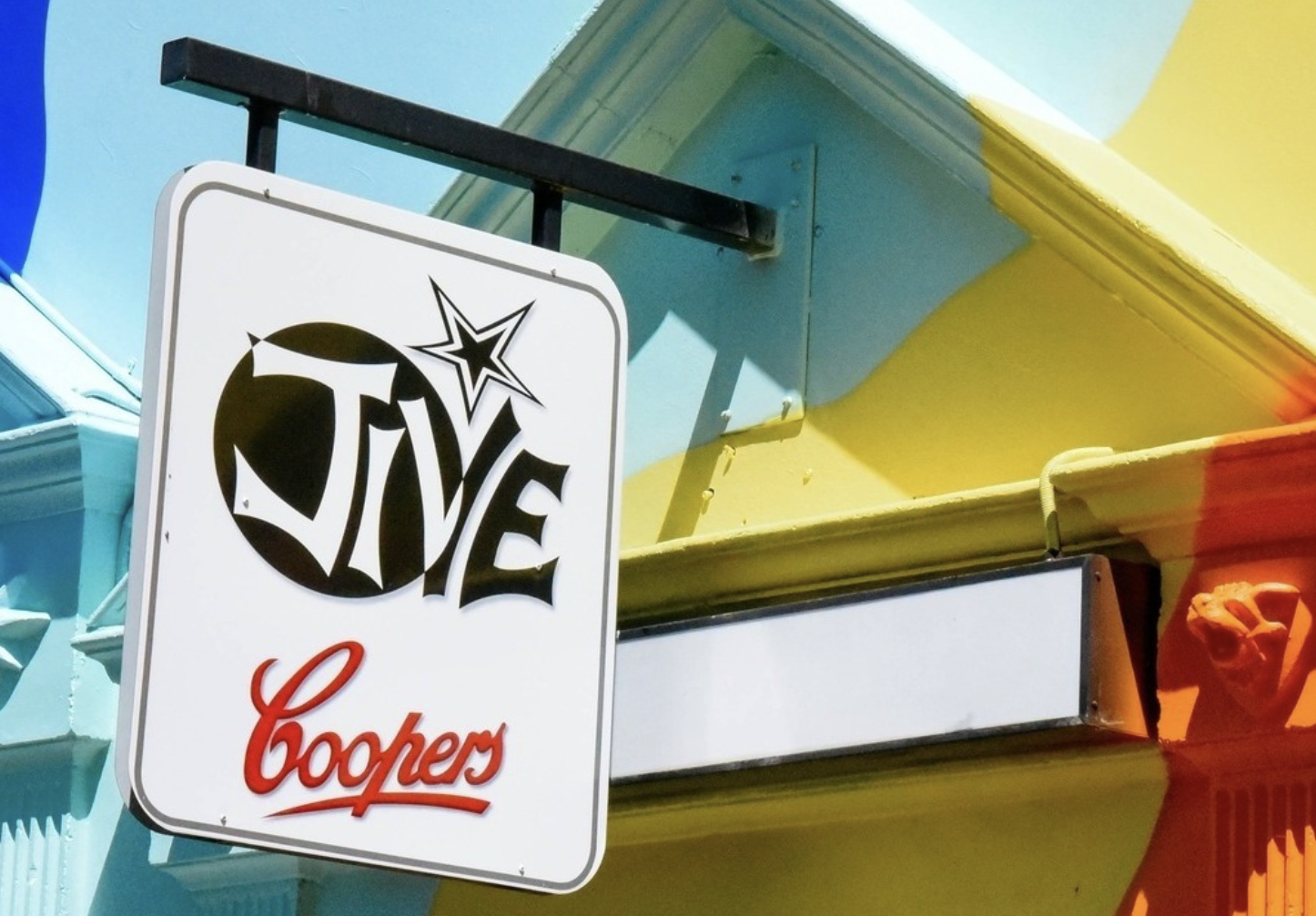27 Club: Paying Homage To the Greats
The legacy of some of music’s greats — Jim Morrison, Jimi Hendrix, Janis Joplin, Kurt Cobain and Amy Winehouse - are championed in critically-acclaimed Fringe show, 27 Club. Jebediah frontman Kevin Mitchell gives a poignant performance, threading the life and music of these stars in a show that’s in its fourth year. He tells The Note about the show and the influence of these seminal artists.
Image supplied
Welcome back to the Adelaide Fringe! What are you most looking forward to in the Fringe season?
There’s much that I’m looking forward to. Obviously, reuniting with the cast and crew is a major one. This will be our fourth consecutive year putting on the 27 Club at Fringe and [the cast] have become my Adelaide family. This year will also be the longest season we’ve attempted, so I’m looking forward to that challenge. I’m also looking forward to spending time in Adelaide. Before 27 Club, I’d been to Adelaide countless times but never spent more than three consecutive days. Being immersed in the city during Fringe has given me an amazing opportunity to appreciate Adelaide and get to really know and love it.
27 Club pays homage to the incredible artists we lost too soon, telling their stories while revisiting their renowned tracks. Tell us more about the production – do you learn something new every time you reprise the role?
I always learn something new about the songs, especially the music that I didn’t necessarily grow up with. Nirvana is in my DNA, but not so much The Doors and Hendrix. My affection for all the artists [featured] has grown tremendously, too. The production itself, from my perspective, kind of lands somewhere between theatre and a rock show. I think it’s that playfulness with genres that appeals to me so much as a performer. It’s a show that is nothing like what I do the rest of the year.
At first, that was a little intimidating. These artists are so iconic and so is the Fringe. [But] it soon dawned on me that despite the show being built on this quite sombre premise – the tragic, early deaths of these generational artists – it was a joyful celebration of the power of music and the influence they had on the world during their short times. Importantly, it’s not a show where we all dress up and try to mimic the artists. We’re fans and we perform as fans. I think that’s where the audience connection comes into it, too. We’re sort of all together in that way.
How do you inhabit the musicians and their work when performing?
I’ve always found that if I think I know a song well from hearing it, I discover that I barely know it when I learn [to play] it. Learning and then performing a song that someone else has written is like a little window into their souls. When that music is as iconic as the stuff we perform, it can be daunting. It blows me away how often a great song that sounds simple to my ears is actually complex when it comes to performing it. Great artists have a way of making complex music or ideas sound effortless. I think sometimes it’s more important to connect with the attitude of the music first and worry about the technicalities afterwards.
You’re also returning to the stage alongside Sarah McLeod, Carla Lippis and Dusty Lee Stephensen. You four share an incredible synergy on stage. How do you think that shapes the show?
I think it’s pretty important that we all approach the show with the same intent. We are all on the same page despite being different artists and people. I think we naturally came into it with a collegial attitude – that this show wasn’t about us as individual performers and that we all had to support each other and work like a team. I think that also comes from the group having a genuine respect for this music and the artists and wanting to try our best to do the whole concept justice.
Apart from age, what do you think unites the stories and songs featured in 27 Club?
There are loads of common threads. What I really connect [with] is that they were all united in a feeling of being slightly misunderstood or existing outside of society’s rigid norms and expectations. Music was their salvation in terms of opening a door and showing them a path that they could take and be free to express themselves for exactly who they were. At the same time, I think they were all deeply sensitive souls who found fame, or the itinerant lifestyle of a musician, extremely difficult. They self-medicated as a way to try and handle the intensity of their art and lives.
The music of the 27 Club serves as an influence for countless artists. For you, have any of the musicians featured in this Fringe show shaped your own musical journey?
I would honestly be a different person had I not discovered Nirvana. As a 13-year-old in 1990, I was the quintessential ’90s teenager, and when alternative music became the huge cultural movement that it grew to be, I was ripe for it. Of course, I was in love with a hundred bands during those formative years but Nirvana was at the top – both musically and for what they represented. Not only did they make punky, noisy and melodic songs that blew my mind, they also gave me my first ideas about progressive social politics. The way that Kurt [Cobain] railed against misogyny and homophobia was very influential. As a rock star, he made far more sense to me than all the late ’80s male rock stars that came before. Nirvana expressed an anti-establishment stance that I could relate to.
We’re also hoping you have some new music in the works, especially as Jebediah released two tracks in 2023 and your solo project, Bob Evans, released the album Tomorrowland in 2021. What’s next for you?
There’s a new Jebediah album called OIKS coming out on April 12!
See 27 Club at The Fantail, Gluttony, between February 16 and March 17 this Adelaide Fringe. Tickets on sale now.











